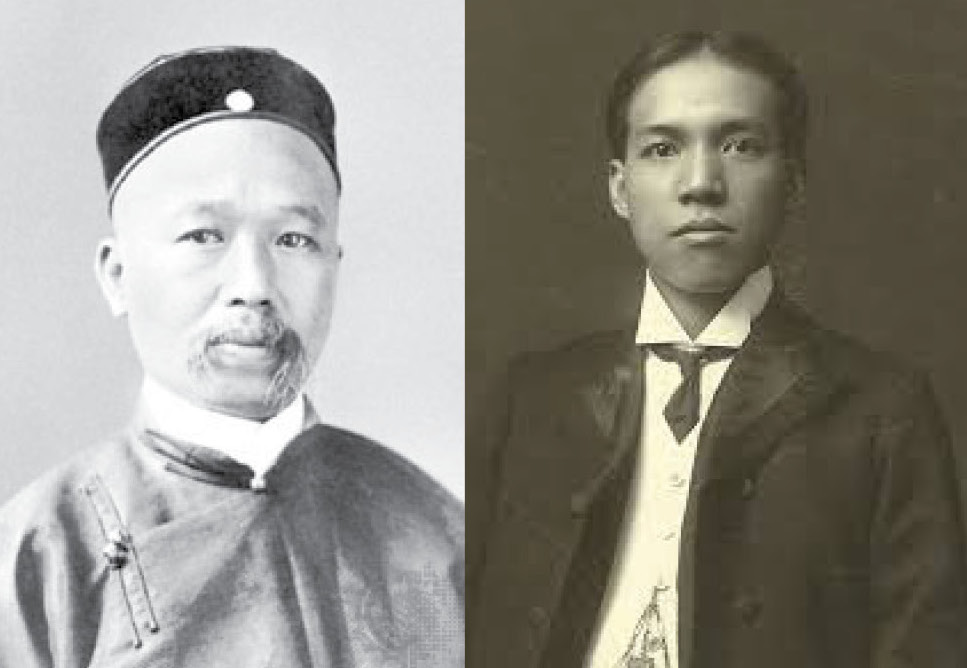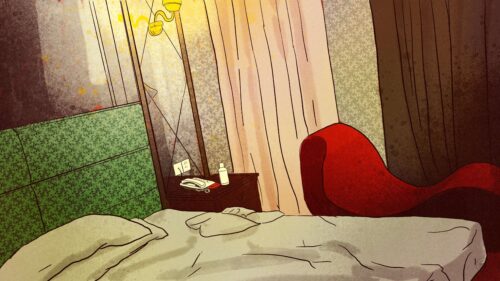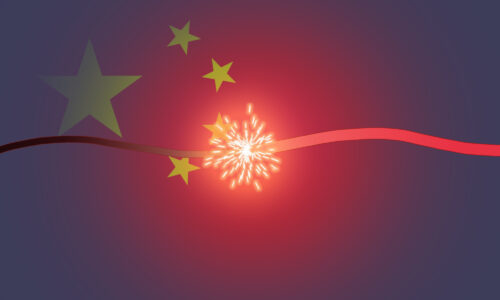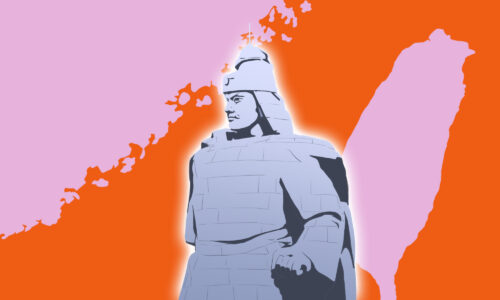Kuora: Considering the Republican-era thinkers Kang Youwei and Liang Qichao (for president)

This month’s Kuora columns will be in the subject of modern Chinese history. Take a look at last week’s column on the causes of the 1911 Xinhai Revolution. This week, we’ll look at one of Kaiser’s answers originally posted to Quora on February 15, 2016:
What would have happened to China if a political reformer like Kang Youwei or Liang Qichao had been elected president of the Republic of China?
During the Hundred Days Reforms of 1898, Kang Youwei 康有为 and Liang Qichao 梁启超 demonstrated amply that they weren’t particularly good at navigating political realities. Even with the explicit support of the emperor, they wound up having to run for their lives while fellow reformer Tan Sitong 谭嗣同, who didn’t flee to Japan as Kang and Liang did, was executed.
Thirteen years later, when the Xinhai Revolution started, it’s not as if the political situation would have been any easier for scholarly intellectual types like Kang and Liang to operate in. Recall that in 1911–1912, the real power broker was Yuan Shikai 袁世凯, who commanded the Beiyang Army and the loyalties of many military commanders. Sun Yat-sen 孙中山 surrendered the provisional presidency to Yuan to secure the abdication of the last Qing emperor. Would Kang or Liang have done better?
Actually, almost certainly not: Kang Youwei was still a constitutional monarchist and if he had somehow come to power there’s every indication that he would have been even more accommodating with a powerful militarist like Yuan than Sun was. Sun at least was a committed republican, proved to be. In fact, Kang actually did support the “Pig-Tailed General” Zhang Xun 张勋’s coup d’etat, when he briefly placed himself on the throne in 1917 after Yuan Shikai’s death. Liang Qichao was also a constitutional monarchist and usually sided with Yuan against Sun.
There’s an argument to be made that a constitutional monarchy might have been better for China at that time, but from what I understand about the political climate by the time Yuan tried to create a new dynasty in 1916, things had already changed substantially, and at least among intellectual elites there was no going back: They were committed to republicanism. A presidency by Kang or Liang would have been ineffective, short-lived, and certainly would have besmirched the reputation that the two men had.
Kuora is a weekly column.






